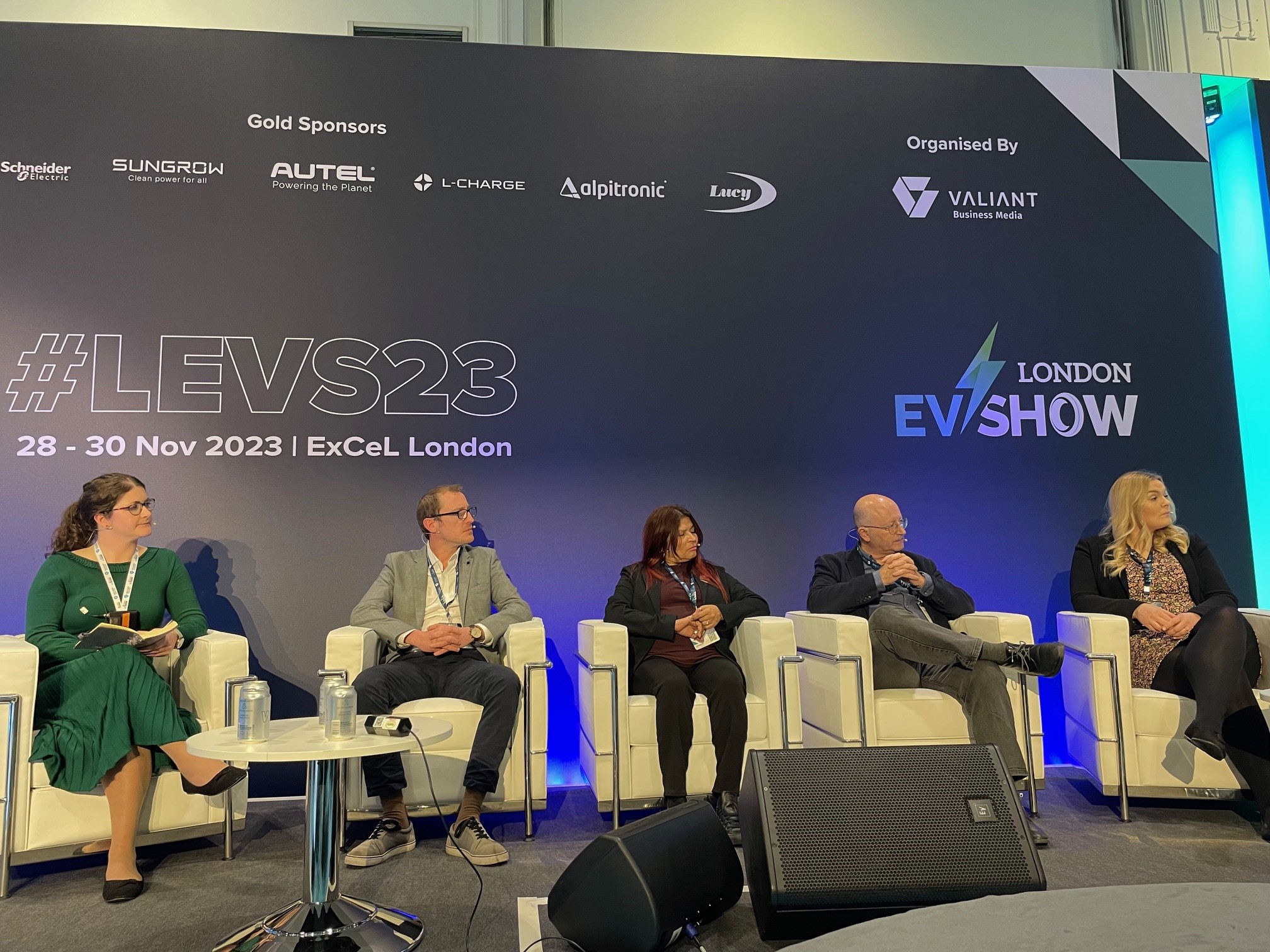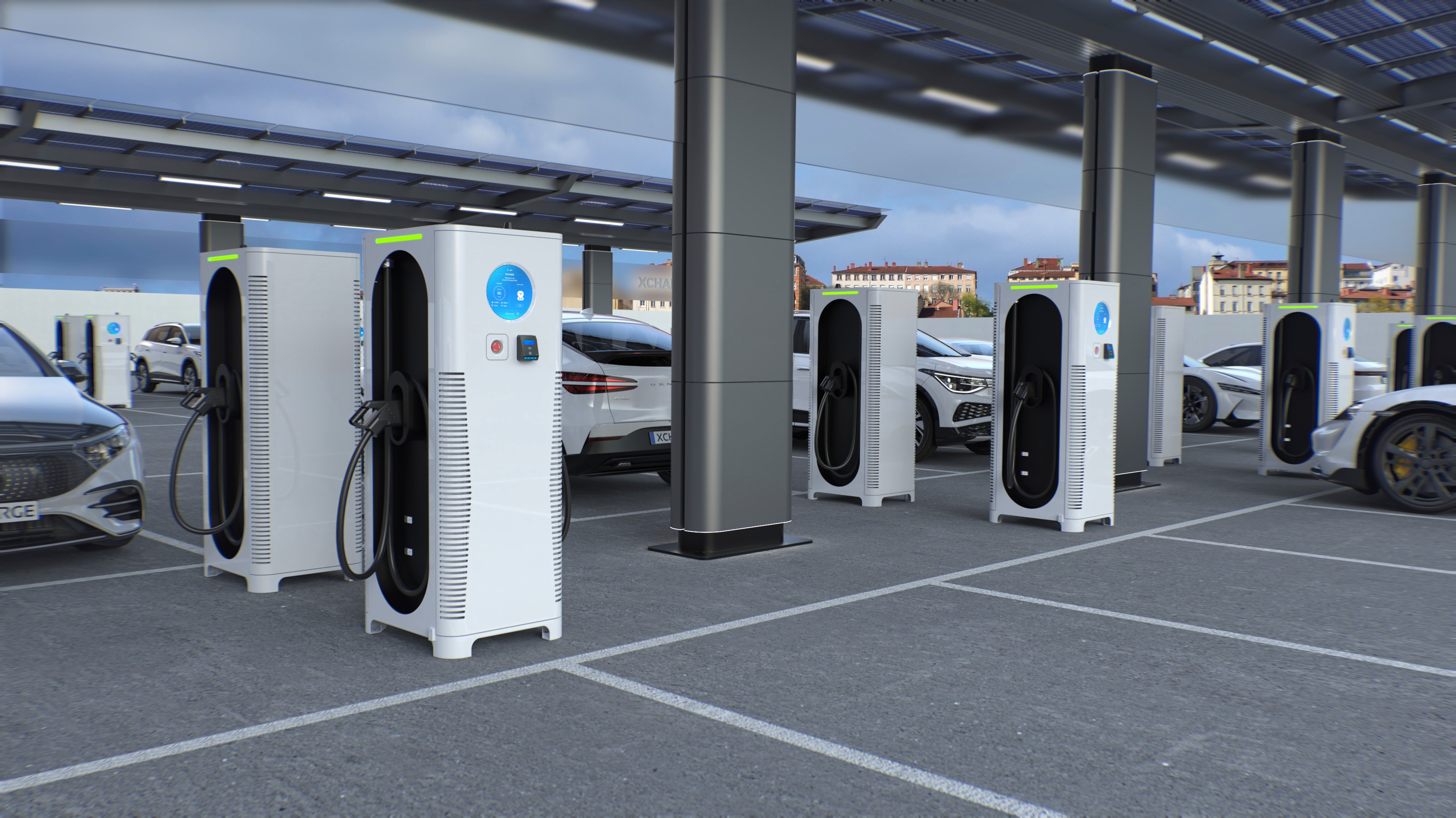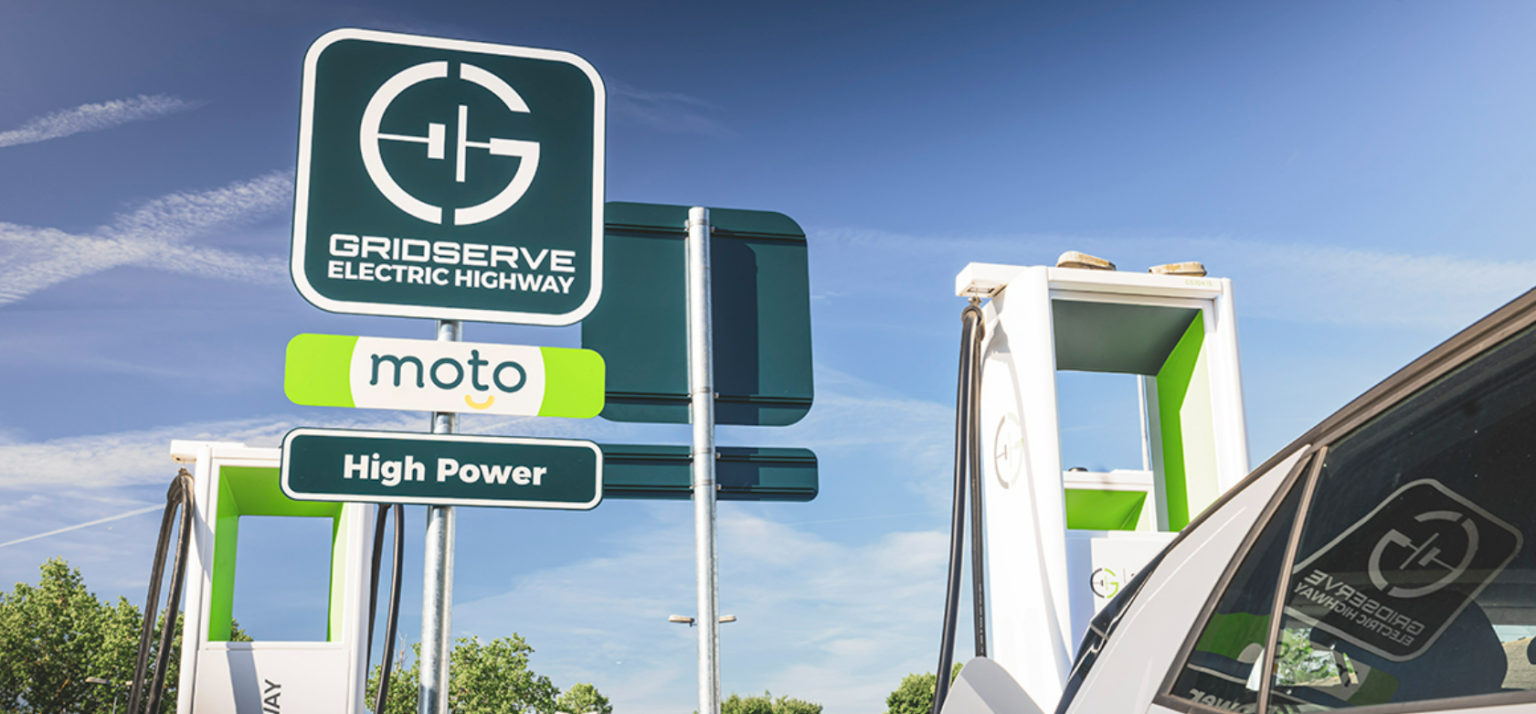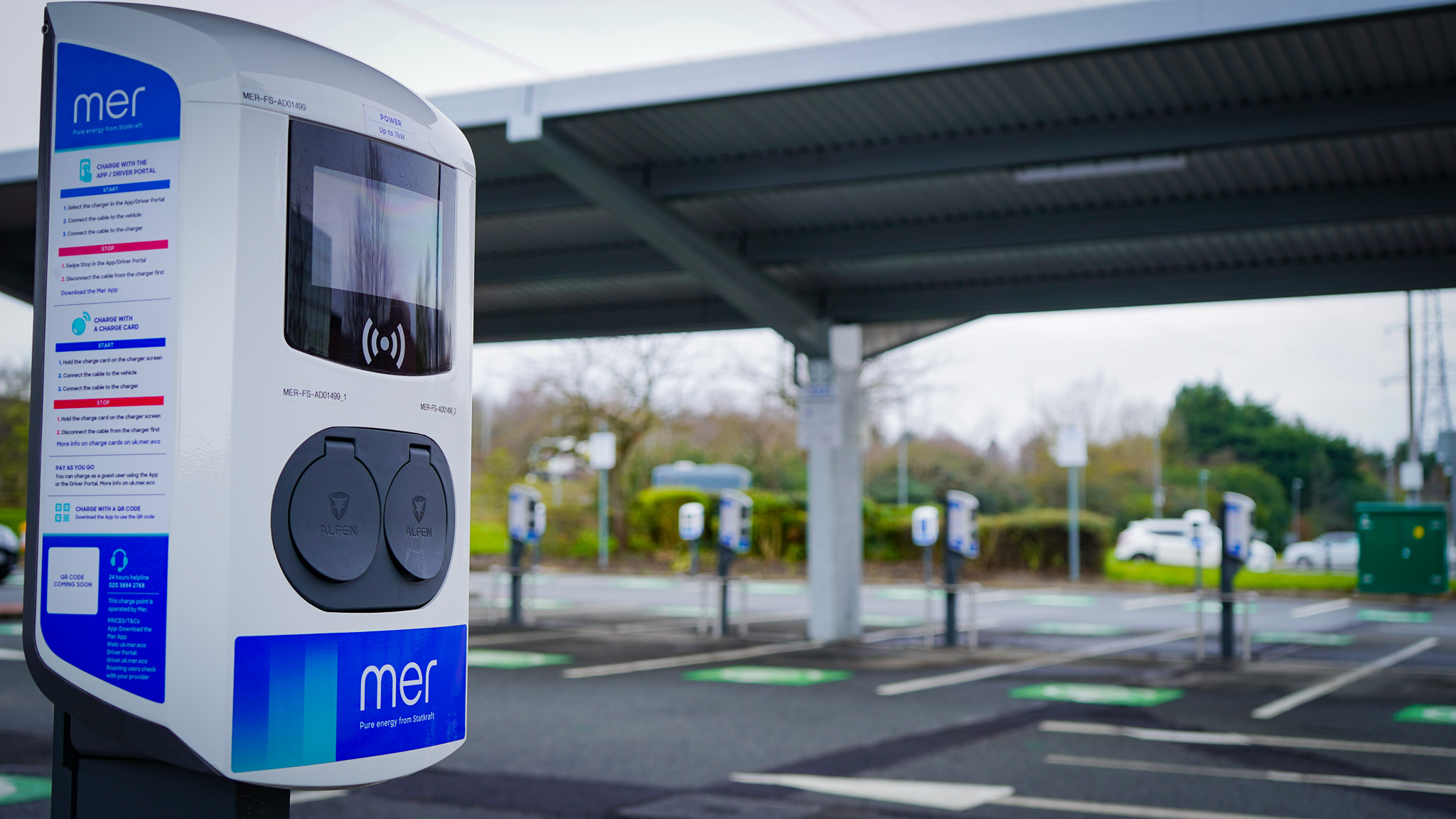
Make sure you work out your strategy and get as many different people from your team on board as possible if you want to make a success of EV charge point roll-out.
That was the message to local authorities from an expert panel at London EV Show.
Dan McCrory, sustainable travel team leader at Derbyshire County Council, warned: “Galvanise the various teams to get involved: bringing them in at the 10th hour when your project is going live next week, you’ll run into problems.”
It is possible to gather evidence of need, he added. Setting up resident engagement pages gives councils useful data with which to persuade members that roll-out is needed. “Find out where demand is,” McCrory says.
But creating EV-only on-street parking spaces needs to be approached with care, warns Shamala Evans-Gadgil, senior programme/project manager, Coventry City Council. “Residents’ perception is that you’re taking away spaces from them,” she says. Plenty of help is available on this, from organisations such as Transport Technology Forum, which has produced a starter guide for local authorities on rolling out EV charge points.
Procurement is a key area too. “There are so many hurdles for local authorities in procurement - we’re not looking for the cheapest solution,” says Paul Gambrell, team leader – ZEV & energy integration at Oxfordshire County Council. “The relationship [with a charge point operator] will be a very important part of our procurement activity.”
Lucy Watson, location manager at charge point operator E.ON Drive Infrastructure, said local authorities could use the knowledge of CPOs: “We can suggest locations and give them the data we have,” she pointed out.
The types of chargers required is another area that needs careful consideration. Gambrell suggests you need a range.
“We need standard, fast, rapid and ultra-rapid,” he says. “Different journeys and locations will lend themselves to different types of charging.”
That said, the dwell time of a vehicle will suggest what charger is needed, says Evans-Gadgil: you don’t need a rapid charger somewhere people only charge overnight, for example.
“If what you’re doing is largely residential, you don’t need to go super-fast,” agrees Andy Ekinsmyth, head of transport and network operations at West Sussex County Council.
While there is a lot to think about, don’t worry if you feel you’re rushing to catch up, says Ekinsmyth: “There’s never a good time, there’s never a bad time - just go for it!”












